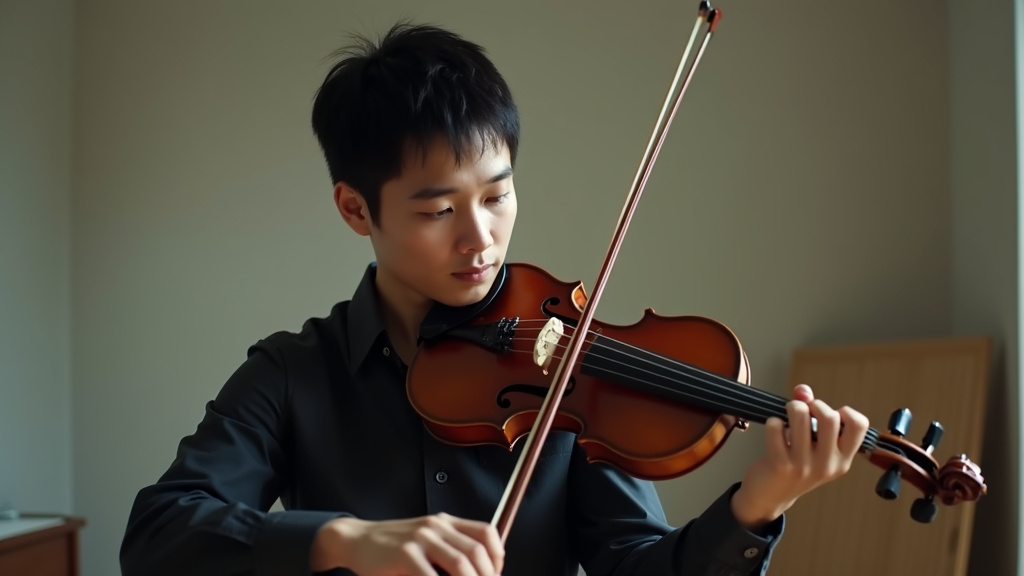Seoul, South Korea – In a significant development impacting the popular K-pop group NewJeans, the Seoul High Court has decisively rejected an injunction appeal filed by the members.
The ruling effectively upholds the validity of their exclusive contracts with ADOR, a subsidiary of entertainment giant HYBE. This decision marks a crucial turn in the ongoing dispute concerning the group’s contractual obligations and future activities.
Understanding the Court’s Decision
The core of the Seoul High Court’s decision lies in its refusal to overturn a previous injunction. This injunction specifically prevents the members of NewJeans from engaging in ‘independent entertainment activities without approval from ADOR’. By denying the group’s appeal against this measure, the court reinforces ADOR’s contractual authority over the members’ professional engagements.
The legal challenge sought, in essence, for the NewJeans members to go independent, a move that would have allowed them greater autonomy or potentially facilitated a separation from ADOR and, by extension, HYBE. However, the High Court’s judgment affirms the existing contractual framework, binding the artists to their agreement with the HYBE subsidiary.
Background of the Contractual Dispute
The dispute traces back to tensions between ADOR’s management and its parent company, HYBE, which subsequently involved the artist contracts. While the specifics of the initial conflict are complex, centering on management control and creative direction, the legal battle over the exclusive contracts became a focal point, directly impacting the future of NewJeans.
The members’ pursuit of an injunction appeal to go independent indicated a desire for a different path forward, potentially free from the current corporate structure or managerial oversight. The court’s rejection underscores the legal weight placed on the existing contractual agreements in the South Korean entertainment industry.
ADOR’s Response and Future Intentions
Following the ruling, ADOR has issued a statement clarifying its position. The company expressed its desire for the NewJeans members to “Resume Their Activities” under the company’s management. This phrasing, highlighted by ADOR, signals the agency’s intention to continue managing the group and indicates an expectation for the artists to return to their professional schedule and obligations as defined by their contracts.
ADOR’s statement emphasizes the company’s commitment to working with the members within the established framework, despite the legal challenges. The call to “Resume Their Activities” under the company banner suggests a focus on moving past the dispute and returning to the group’s artistic endeavors and promotional activities.
Implications for NewJeans and the Industry
The Seoul High Court’s decision has significant implications not only for NewJeans but also for the broader K-pop landscape. It reaffirms the strength and enforceability of exclusive contracts between artists and entertainment agencies in South Korea.
Contract disputes are not uncommon in the highly competitive K-pop industry, but high-profile cases like this one draw considerable attention, highlighting the legal intricacies and power dynamics involved. The ruling serves as a precedent, potentially influencing how similar contractual disagreements are viewed and handled legally in the future.
For the NewJeans members, the ruling means their path to go independent, at least through this specific legal avenue, has been blocked. Their professional activities remain subject to the approval and direction of ADOR, as stipulated by the injunction that was the subject of the denied appeal.
Looking Ahead
With the High Court having rejected the injunction appeal, the focus now shifts to the practical next steps. ADOR’s public call for the members to “Resume Their Activities” sets the stage for potential negotiations or discussions regarding the group’s immediate future.
The artists’ response to this call, and the nature of their subsequent interactions with ADOR and HYBE, will determine how the group proceeds. Whether a path can be found for the members to continue their careers within the ADOR structure, or if further legal or personal challenges will arise, remains to be seen.
The situation underscores the delicate balance between contractual obligations, artist autonomy, and corporate interests within the global phenomenon that is K-pop. The Seoul High Court’s decision provides legal clarity on the contractual status but leaves the door open for ongoing discussions about the group’s operational future.
As the situation develops, industry observers and fans alike will be watching closely to see how NewJeans and ADOR navigate this pivotal moment following the ruling.





